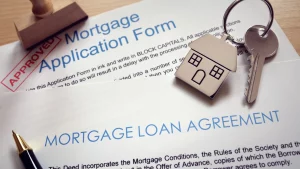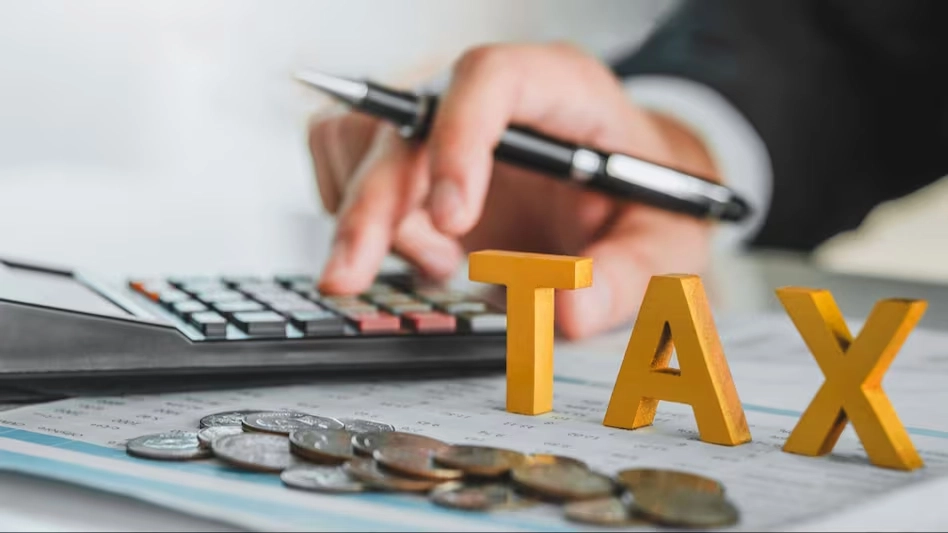Understanding the documentation required for a mortgage is a critical aspect of business planning. It involves more than just collecting papers; it demands a strategic approach to guarantee accuracy and completeness. The right documents can greatly influence the outcome of a mortgage application. However, many potential borrowers underestimate this process. Knowing what documents needed for mortgage and how to prepare can help avoid pitfalls along the way.
Key Takeaways
- Gather essential identity documents including a government-issued ID and social security numbers for mortgage applications.
- Compile financial documentation like recent pay stubs, tax returns, and bank statements to demonstrate income and stability.
- Create a comprehensive list of debts and assets to provide a clear picture of your financial health to lenders.
- Ensure your credit report is up-to-date and accurate to assess your creditworthiness before applying for a mortgage.
- Prepare a purchase agreement or property details if applying for a specific property to facilitate the mortgage process.
Importance of Understanding Mortgage Documentation
Why is it essential for potential homeowners to grasp the nuances of mortgage documentation? Understanding the various aspects of mortgage documentation is vital for informed decision-making in the home-buying process. Knowledge of what documents are needed for mortgage applications empowers individuals to navigate the complexities of financing a home. It enhances their ability to provide necessary information promptly, minimizing delays that could jeopardize their purchase. Additionally, a firm grasp of documentation can help homeowners identify potential pitfalls, ensuring they avoid unfavorable terms and conditions. This foundational understanding fosters confidence, enabling them to engage more effectively with lenders and real estate professionals. Ultimately, it cultivates a sense of belonging within the community of responsible homeowners.

Key Documents Required for Mortgage Applications
Steering the mortgage application process requires a clear understanding of the key documents necessary to secure financing. Applicants typically need to provide proof of identity, such as a government-issued ID, alongside social security numbers. Financial documentation is essential, including recent pay stubs, tax returns, and bank statements to verify income and savings. Additionally, a thorough list of debts and assets is important to assess the applicant’s financial health. Lenders often require a credit report to evaluate creditworthiness. Finally, a purchase agreement or property details is needed when applying for a specific property. Familiarity with these key documents is critical, as it streamlines the application process and enhances the likelihood of approval, addressing the question of what documents are needed for mortgage.
How to Prepare Your Financial Records
Preparing financial records is a significant step in the mortgage application process, as it lays the groundwork for a successful submission. Individuals should begin by gathering essential documentation, including tax returns, bank statements, and pay stubs, which collectively demonstrate their financial stability. It is imperative to guarantee that all documents are current and accurately reflect the applicant’s income and expenses. Organizing these records systematically can streamline the review process for lenders, enhancing the likelihood of approval. Additionally, maintaining transparency by providing clear explanations for any anomalies in financial history can foster trust. By diligently preparing financial records, applicants can effectively address what documents are needed for mortgage approval, ultimately facilitating a smoother transaction.
Common Mistakes to Avoid When Gathering Documents
Although gathering necessary documents for a mortgage application may seem straightforward, many applicants inadvertently make critical mistakes that can hinder their approval process. One common error is failing to provide complete tax returns, which can lead to delays or denials. Applicants often overlook the importance of consistency in financial statements, resulting in discrepancies that raise red flags for lenders. Additionally, neglecting to include essential documents, such as proof of income and asset verification, can create significant obstacles. Moreover, submitting outdated information can portray a lack of attention to detail. By understanding these pitfalls and approaching the document-gathering process with diligence, applicants can enhance their chances of successfully maneuvering the complexities of what documents are needed for mortgage approval.
Tips for a Smooth Mortgage Process
How can applicants guarantee a seamless mortgage process? Ensuring a smooth mortgage journey requires strategic preparation and attention to detail. By understanding what documents are needed for a mortgage and adhering to best practices, applicants can greatly reduce stress.
- Organize financial documents: Gather tax returns, pay stubs, and bank statements in advance.
- Maintain clear communication: Stay in regular contact with the lender to address any concerns promptly.
- Monitor credit scores: Check credit reports for accuracy and rectify any discrepancies before applying.
- Be prepared for contingencies: Anticipate potential delays and have backup documentation ready.
Frequently Asked Questions
How Long Does It Take to Gather Mortgage Documents?
Gathering mortgage documents typically takes one to three weeks, depending on the complexity of individual financial situations. Factors such as responsiveness from institutions and personal organization can greatly influence the overall timeline for completion.
Can I Apply for a Mortgage Without All Documents?
A mortgage application can be submitted without all documents; however, this may delay approval. Lenders typically require thorough documentation to assess financial stability, so gathering necessary paperwork is advisable for a smoother process.
What if I Have a Unique Financial Situation?
In unique financial situations, individuals may need to provide additional documentation to demonstrate stability and reliability. Lenders typically assess each case individually, allowing for tailored solutions that accommodate non-traditional income sources or credit histories.
Are Electronic Documents Acceptable for Mortgage Applications?
Electronic documents are generally acceptable for mortgage applications, provided they meet lender requirements. However, applicants should verify specific guidelines with their mortgage provider to confirm compliance and avoid potential delays in the application process.
How Often Do Mortgage Document Requirements Change?
Mortgage document requirements can change frequently, influenced by regulatory updates, market conditions, and lender policies. Staying informed about these changes is essential for applicants to guarantee compliance and streamline the mortgage application process effectively.
Conclusion
To summarize, a thorough understanding of mortgage documentation is essential for prospective homeowners. By systematically gathering key financial records and maintaining clear communication with lenders, applicants can greatly streamline the mortgage process. Avoiding common pitfalls and ensuring all documentation is accurate and up-to-date further enhances the likelihood of securing favorable terms. Ultimately, diligent preparation and organization not only facilitate a smoother application experience but also empower individuals to make informed financial decisions regarding their home investment.
You May Also Like To Read:





